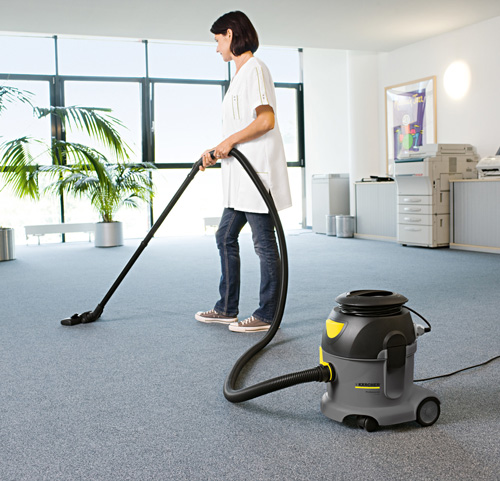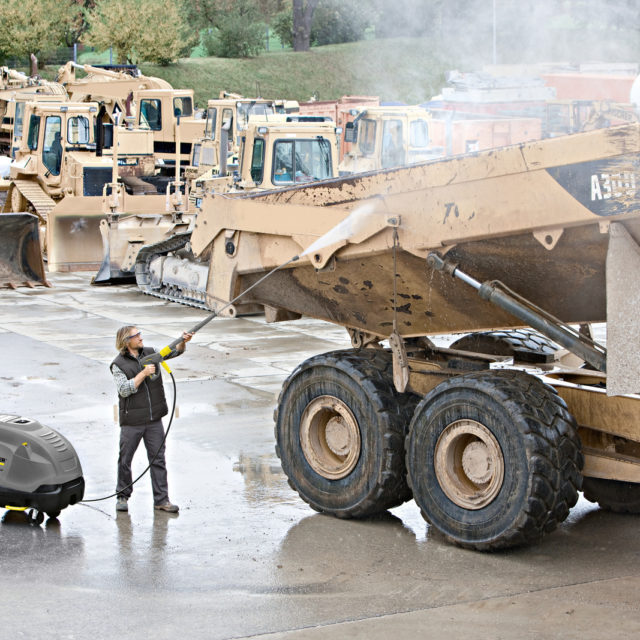There once was a man named Peter,
Who didn’t take care of his sweeper,
So he swallowed his pride,
And followed this guide,
So now his sweeper’s a keeper!
Okay, so our poetic skill is not as on point as our road sweeping knowledge; but our rhyme does produce a very valid point still. If you fail to properly maintain your road sweeper, whether it be one that you own or hire, it can have detrimental effects on your machine and eventually your wallet. Breakdowns, wearing parts and costly repair work can all be better avoided by properly maintaining your road sweeper.
By following our list of recommendations on maintenance techniques you can help ensure your hire agreement is completed without damage to the sweeper; or if you own a sweeper this guide will help you significantly extend its lifetime. We begin with the most important maintenance issue – lubrication.
Keep Lubricated at All Times
Your road sweeper’s manual will dictate a lubrication schedule for you to follow and you should adhere to this profusely. Failure to properly lubricate parts that require adequate levels of lubrication can often result in parts needing repair or replacement.
Regularly Clean Out Tangled Debris
It is not uncommon for the broom of your road sweeper to become tangled in debris; in fact this happens quite a lot. To ensure your broom remains undamaged and able to complete its function properly, regularly check it for debris and remove it when spotted.
Always Check the Water Filter
This one goes without saying, but it is vitally important that you regularly check the water filter in your road sweeper for leaks and/or cleanliness. If the water is filthy, it may be an indication of a problem elsewhere so you should seek professional advice either from the sweeper’s manufacturers or the place of hire.
Check Engine and Hydraulic Fluids
Again, this is another important yet obvious maintenance technique. As with any other vehicle it is wise to check engine fluid on a regular basis to ensure the right amount is present. Too much or too less can have damaging effects on the engine, as is true with the hydraulic system too.
Check for Leaks
Checking for leaks is not only exclusive to the water filter. You should indeed check the rest of your unit for signs of leaks or water damage as ignoring this can lead to further problems. Again, professional help ideally should be sought in the event that you do find a leak.
Regularly Tighten Loose Nuts and Bolts
Due to the vibration of the machine during operation, it is not uncommon for nuts and bolts to become slightly loose. You should dedicate a regular amount of time to checking your sweeper’s bolts to see if they need tightening.
Keep on Top of Tyre Pressure
Your sweeper’s tyre pressure must be set at the correct level in order to ensure optimum performance. Lack of pressure can cause strain on other parts of the vehicle and long term damage. Check your tyre pressure like you would do with a car; the more you use it, the more you check it.
Ensure All Safety Features Work
It also wouldn’t hurt to check the safety features of your road sweeper; including the lights, the horn, the belts and other safety equipment. Although these factors do not affect the fundamental operation of a road sweeper, they are massively important for health and safety reasons. If any of these features are faulty it is your duty to have them repaired or replaced.
Clean your Cleaner
It may sound silly as a road sweeper is designed to clean, but it will seriously help extend the lifetime of your sweeper if you give it a good scrub every now and then. Debris, filthy water, stains and all other sorts of dirtiness can affect a sweeper’s performance and overall lifespan.
So don’t be a Peter and keep on top of your sweeper’s maintenance!




















